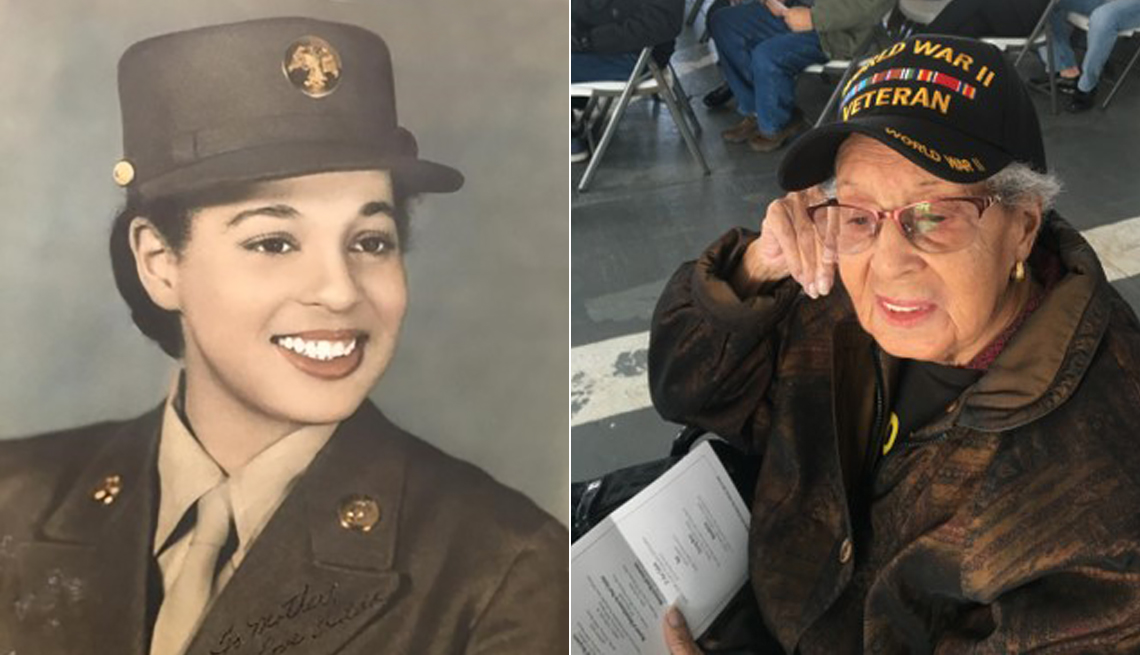
World war ii hero boosted morale by sorting soldiers' mail
- Select a language for the TTS:
- UK English Female
- UK English Male
- US English Female
- US English Male
- Australian Female
- Australian Male
- Language selected: (auto detect) - EN
Play all audios:

News from home was a lifeline for soldiers in World War II. But as fighting intensified in Europe, undelivered mail piled up, deflating the morale of Americans on the front lines desperate
for letters from loved ones. It was a problem Sgt. Hilda P. Griggs crossed the Atlantic in 1945 to fix. February marks 80 years since the first and only all-Black and Hispanic Women's
Army Corps (WAC) unit was deployed to Europe during World War II. Griggs, who passed away in April 2022 at the age of 98, was one of the 855 members of that unit—the 6888th Central Postal
Directory Battalion—which was tasked with sorting through the two-year backlog of mail intended for service members and other personnel serving in the European Theater. The 6888th's
motto was clear: “No mail, low morale." "My mother didn't want me to leave, but I came to Philadelphia and joined,” said Griggs in 2020, adding she was inspired to enlist
because she had five brothers in the service and was lonely at home. At first, Griggs recalled that her captain thought she didn't want to go to Europe. 6888TH CENTRAL POSTAL DIRECTORY
BATTALION Battalion members take part in a parade honoring Joan d'Arc at the marketplace where she was burned at the stake. National Archives Maj. Charity E. Adams and Capt. Abbie N.
Campbell inspect the first battalion members assigned to overseas service. National Archives Pvt. Ruth L. James of the battalion is on duty at the gate of an open house in Rouen, France.
National Archives "I let her know immediately that, that's not the way I look at it. I wanted to go because I wanted the experience,” she said. Troops constantly changed locations
during the war, hampering mail delivery, and many soldiers shared common names. The 6888th encountered 7,500 undelivered letters addressed to “Robert Smith” alone. Morale suffered more and
more as mail languished in warehouses. To get the job done, members of the Six-Triple-Eight arrived in England and were put on eight-hour shifts that went around the clock, seven days a
week. When a package was insufficiently addressed the battalion would look for clues within the contents to determine the intended recipient. "There was always something to do,” said
Griggs. “If there was nothing in our quarters, then we would go to the headquarters and do whatever they had there." The women processed an average of 65,000 pieces of mail per shift.
Given six months by the Army to work through a backlog of nearly 18 million pieces of mail, the 6888th completed the formidable task in just three months. In between shifts, the women were
welcomed by locals and even established friendships.
